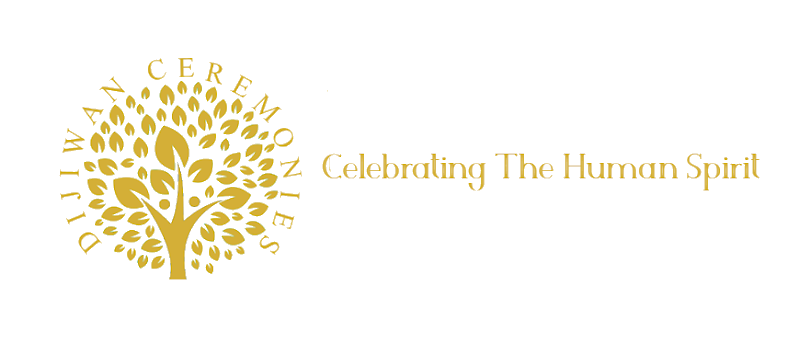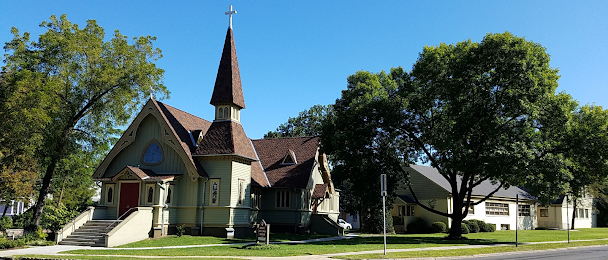No Church Required
Seven generations of my family along the matrilineal line were christened, confirmed, married, and in the majority of cases memorialized at the same Roman Catholic church in northeast Missouri. That's really something for a nation as 'young' as the United States. I suppose that in Europe there could be stories going back further for some families. Then again, organized. religion in Europe has been in steep decline for several decades, and for a few of those the US has been going down the same path. We just aren't as connected to that type of tradition any longer.
According to Gallup, as of 2020 only about 47% of US adults belong to a church, synagogue, or mosque. That's down 20 points in two decades, and has a lot to do with the rise in Americans with no religious preference. This drop below 50% comes after 80 years of Gallup tracking the trend. For comparison, in 1999 70% claimed affiliation with a church, synagogue, or mosque. Gallup first measured church membership in 1937, when it was 73%, and the number stayed right around 70% for six decades.
While a majority of people in the United States now do not claim formal affiliation with an organized religious group, that doesn't mean that they aren't concerned about ethics, values, and spirituality. The absolute claims of many churches, including an anti-LGBTQ stance and exclusion of women from full participation in the life of the church, can certainly be a turnoff, but not the end of a person's life of prayer, social action, or reflection on what makes for a good life.
While a majority of people in the United States now do not claim formal affiliation with an organized religious group, that doesn't mean that they aren't concerned about ethics, values, and spirituality. The absolute claims of many churches, including an anti-LGBTQ stance and exclusion of women from full participation in the life of the church, can certainly be a turnoff, but not the end of a person's life of prayer, social action, or reflection on what makes for a good life.
Then again, it's possible that for many it really is about getting to sleep in, spend more unstructured time with loved ones, and/or pursue other interested. A Sunday church service or Mass, for instance, ends up taking half the day even though the service may be only an hour long. It's nice having that time back.
Getting away from the strictures and time commitment of organized religion doesn't have to mean a complete disconnection with meaningful events to mark the significant occasions of life. With a properly trained, experienced officiant as a guide, infant dedication, baby naming, coming of age, wedding, and funeral ceremonies can be created that reflect the outlook, background, and values of participants. Memories can still be made, family (of birth or choice) can be honored, and new traditions formed. No church required.

